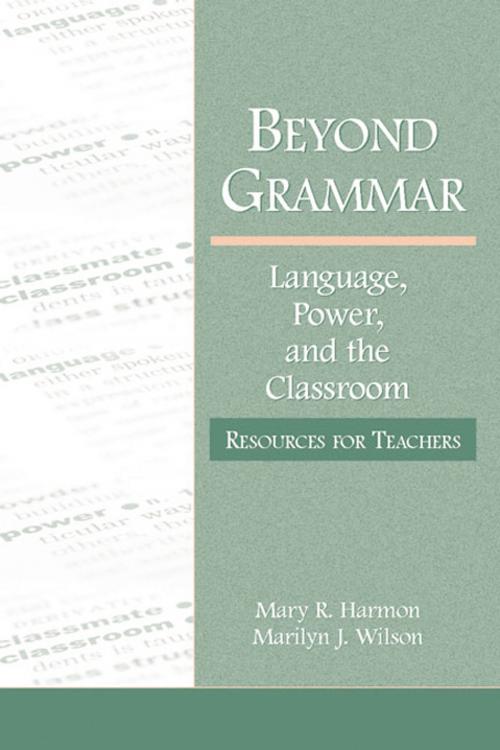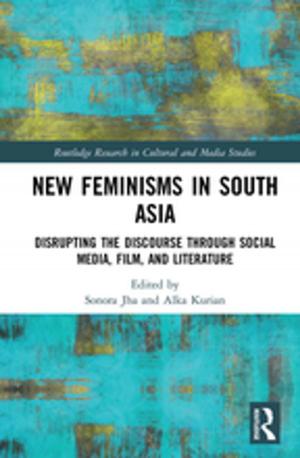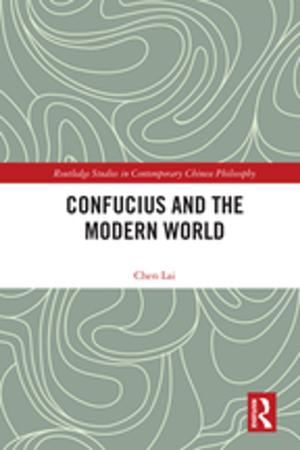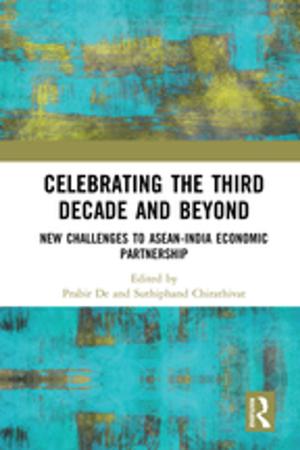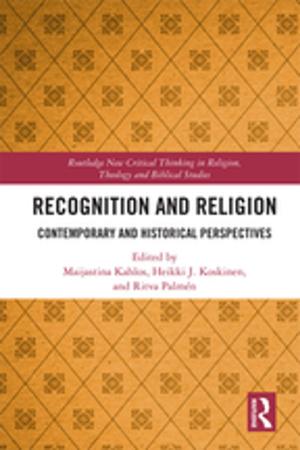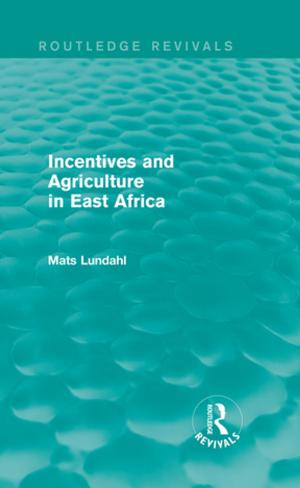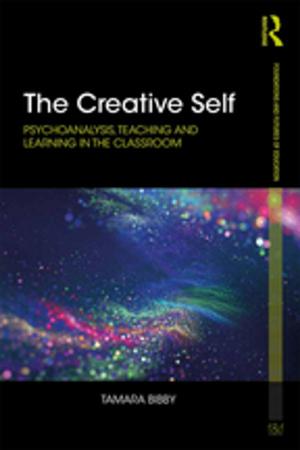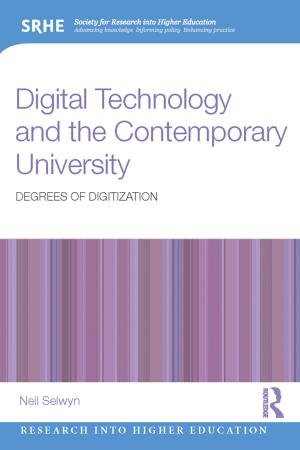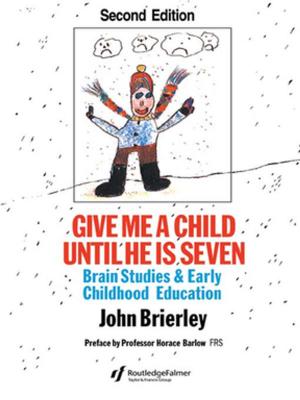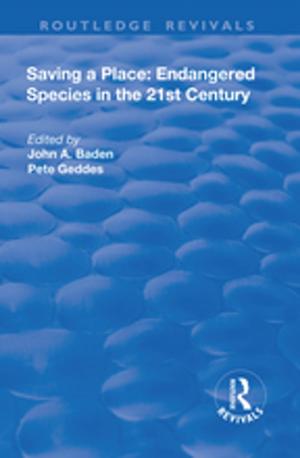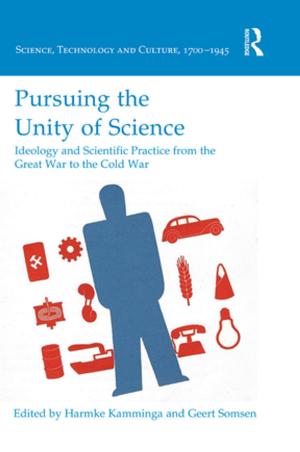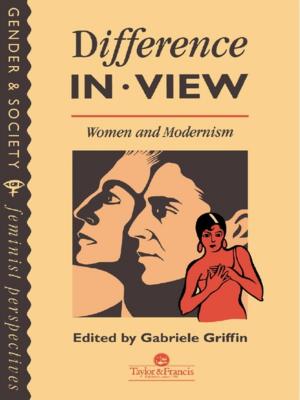Beyond Grammar
Language, Power, and the Classroom: Resources for Teachers
Nonfiction, Reference & Language, Language Arts, Literacy, Education & Teaching, Teaching, Teaching Methods| Author: | Mary R. Harmon, Marilyn J. Wilson | ISBN: | 9781135653538 |
| Publisher: | Taylor and Francis | Publication: | September 10, 2012 |
| Imprint: | Routledge | Language: | English |
| Author: | Mary R. Harmon, Marilyn J. Wilson |
| ISBN: | 9781135653538 |
| Publisher: | Taylor and Francis |
| Publication: | September 10, 2012 |
| Imprint: | Routledge |
| Language: | English |
Beyond Grammar: Language, Power, and the Classroom asks readers to think about the power of words, the power of language attitudes, and the power of language policies as they play out in communities, in educational institutions, and in their own lives as individuals, teachers, and participants in the larger community. Each chapter provides extended discussion of a set of critical language issues that directly affect students in classrooms: the political nature of language, the power of words, hate language and bullying, gender and language, dialects, and language policies.
Written for pre-service and practicing teachers, this text addresses how teachers can alert students to the realities of language and power--removing language study from a “neutral” corner to situate it within the context of political, social, and cultural issues. Developing a critical pedagogy about language instruction can help educators understand that classrooms can either maintain existing inequity or address and diminish inequity through critical language study.
A common framework structures the chapters of the text:
* Each chapter begins with an overview of the language issue in question, and includes references for further research and for classroom use, and provides applications for classroom teachers.
* Numerous references to the popular press and the breadth of language issues found therein foreground current thought on socio-cultural language issues, attitudes, standards, and policies found in the culture(s) at large.
* References to current and recent events illustrate the language issue’s importance, cartoons address the issue, and brief “For Thought” activities illustrate the point being discussed and extend the reader’s knowledge and awareness.
* “Personal Explorations” ask readers to go beyond the text to develop further understanding; “Teaching Explorations” ask teachers to apply chapter content to teaching situations.
Beyond Grammar: Language, Power, and the Classroom is intendedfor undergraduate and master’s level courses that address literacy education, linguistics, and issues of language and culture.
Beyond Grammar: Language, Power, and the Classroom asks readers to think about the power of words, the power of language attitudes, and the power of language policies as they play out in communities, in educational institutions, and in their own lives as individuals, teachers, and participants in the larger community. Each chapter provides extended discussion of a set of critical language issues that directly affect students in classrooms: the political nature of language, the power of words, hate language and bullying, gender and language, dialects, and language policies.
Written for pre-service and practicing teachers, this text addresses how teachers can alert students to the realities of language and power--removing language study from a “neutral” corner to situate it within the context of political, social, and cultural issues. Developing a critical pedagogy about language instruction can help educators understand that classrooms can either maintain existing inequity or address and diminish inequity through critical language study.
A common framework structures the chapters of the text:
* Each chapter begins with an overview of the language issue in question, and includes references for further research and for classroom use, and provides applications for classroom teachers.
* Numerous references to the popular press and the breadth of language issues found therein foreground current thought on socio-cultural language issues, attitudes, standards, and policies found in the culture(s) at large.
* References to current and recent events illustrate the language issue’s importance, cartoons address the issue, and brief “For Thought” activities illustrate the point being discussed and extend the reader’s knowledge and awareness.
* “Personal Explorations” ask readers to go beyond the text to develop further understanding; “Teaching Explorations” ask teachers to apply chapter content to teaching situations.
Beyond Grammar: Language, Power, and the Classroom is intendedfor undergraduate and master’s level courses that address literacy education, linguistics, and issues of language and culture.
